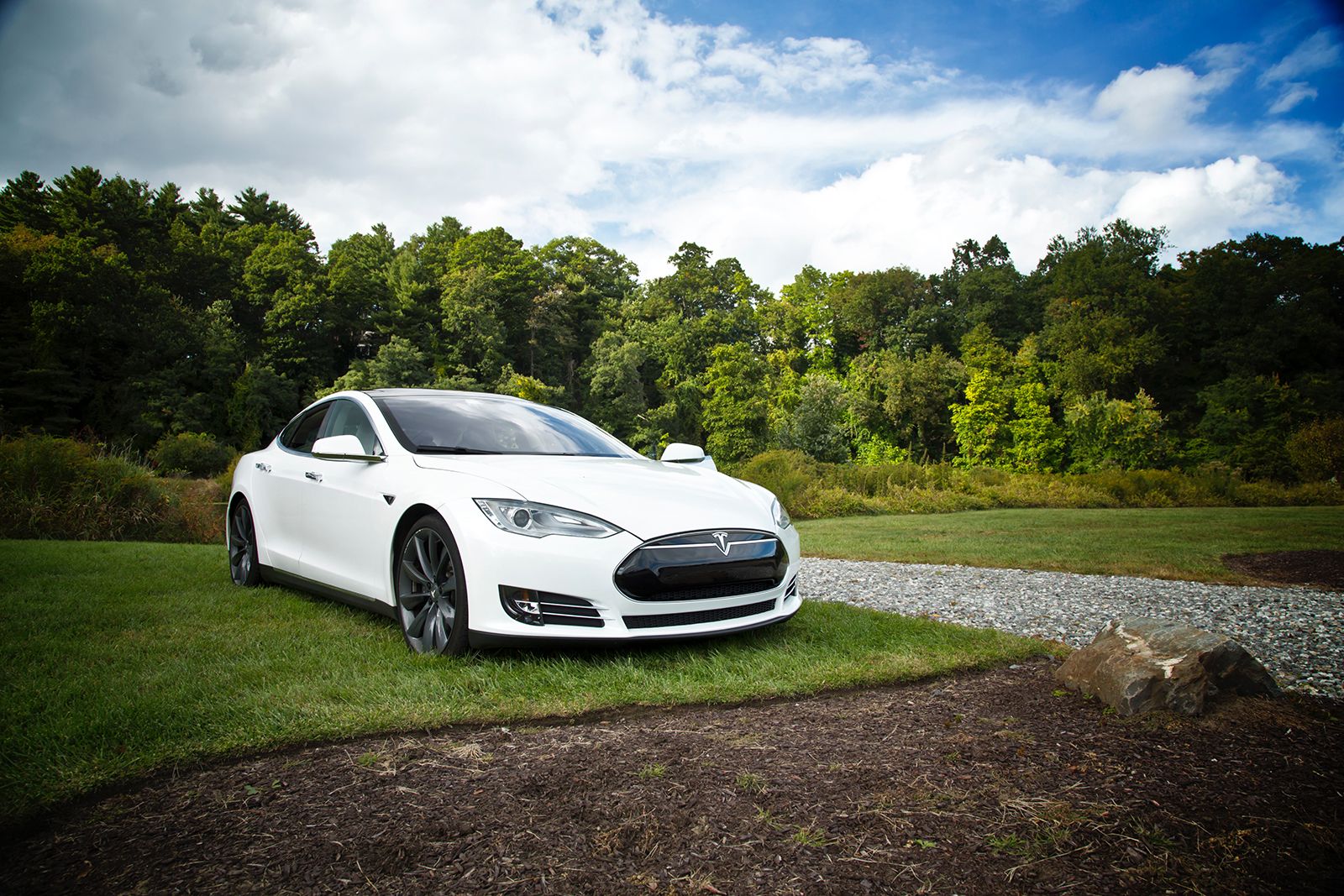Elon Musk has a new idea.
He just shocked investors by indicating he wants Tesla to become a private company. Tesla, which is currently a public company, has faced a lot of criticism in recent months for searing through cash and struggling to produce the Model 3. So, here's why the company's CEO currently believes that going private is the best path forward, and what that might mean for the future of the electric car maker.
What is Elon Musk talking about?
Musk took to Twitter on Tuesday to once again tweet whatever was on his mind, and apparently, that included his thoughts on making Tesla go from a public company to a private company at $420 a share. He tweeted that he already has funding, and he later told employees in an email - posted to Tesla's blog - that going private would be the "best path forward" and take "enormous pressure" off it.
It would cost about $71 billion to take Tesla private at $420 per share.
Why does Musk want Tesla to be private?
Musk revealed in an email to employees - posted to Tesla's blog - that a final decision has not yet been made. However, his ultimate goal is to create "an environment for Tesla to operate best". He further explained to Tesla employees, "As a public company, we are subject to wild swings in our stock price that can be a major distraction for everyone working at Tesla, all of whom are shareholders."
He has noted that trading stock publicly "means that there are large numbers of people who have the incentive to attack the company". Mind you, Musk repeatedly complains on social media about so-called short-sellers, who, essentially, profit whenever Tesla stock drops. Immediately after Musk took to Twitter this lates time, Tesla's stock rose by almost 9 per cent and finished up 11 per cent, at $379.
Is Musk really serious about this?
It's hard to tell - because Musk has a free-wheeling attitude when it comes to expressing his up-to-the-minute thoughts via Twitter. However, keep in mind, he is Tesla's CEO and largest shareholder. He also said on Twitter that the private funding valued Tesla - the most valuable automaker in the US - at $420 per share, but that his new plan would still need shareholder approval.
Musk, who pledged to keep his 20 per cent stake at the company, hopes that Tesla's current investors will stay with Tesla even if it goes private, and that he plans to "create special purpose fund" enabling them to do so. He already does this with Fidelity, the investment firm, which has such a fund for its stake in SpaceX, a separate private company also run by Musk.
Is Tesla struggling?
It's more complicated than that, but one thing is clear: Tesla, which has only - and barely - turned a profit in two quarters since it became a public company in 2010, has yet to meet production demands on the Model 3, its lowest-priced electric car. This has driven the stock down and raised concerns. But Musk promised that the company will start turning a regular profit in the second half of this year.
It also seems quite obvious that Musk does not want to run a public company. As he has repeatedly gone toe-to-toe with critics and analysts, both on Twitter and on a Tesla earnings call three months ago. He's also exhibited strange behavior on social media. On April 1, for instance, he tweeted an email announcing that Tesla would file for bankruptcy. But that tweet was a deadpan April Fool's joke.
Musk also recently tweeted that one of the rescuers of the Thai soccer team trapped in a cave was a pedophile, though he later apologised.
What would happen if Tesla went private?
Let's be honest: Being public means you have to meet investors' expectations." Most recently, Tesla reported losses, and we're sure Musk is feeling the weight of that. Maybe, just maybe, if Tesla were private, Musk could go back to innovating and spending less time on Twitter.

